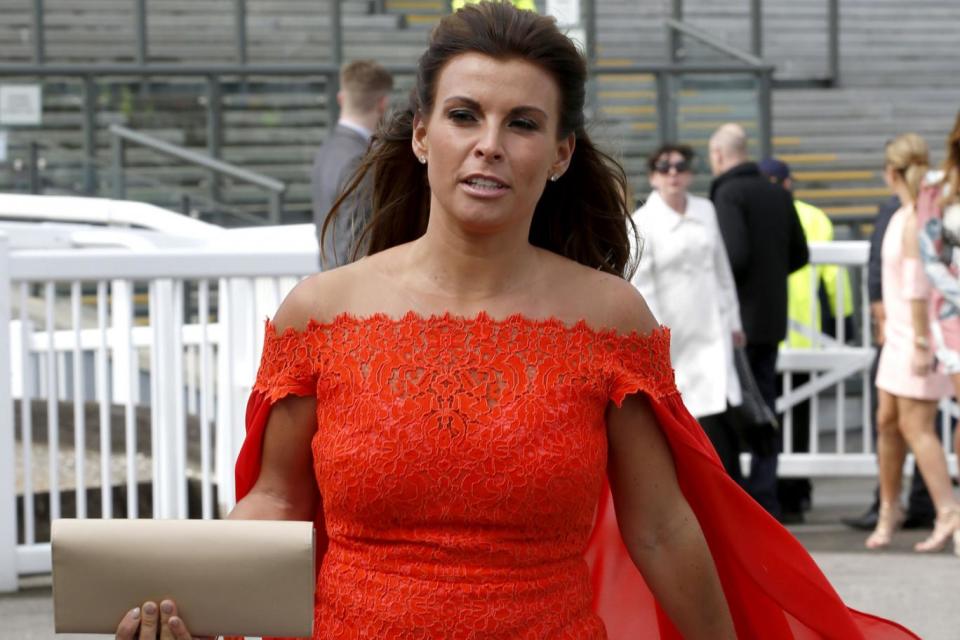Eating placenta 'borders on cannibalism', says leading gynaecologist

Eating placenta brings no health benefits and “borders on cannibalism”, a leading gynaecologist has claimed.
The practice of consuming placenta has been popularised by celebrities such as Kim Kardashian and Coleen Rooney, who are said to eat it for “health reasons”.
But the placenta should not be treated a superfood, and eating it could even pose a risk of infection, according to a study published in the American Journal of Obstetrics and Gynaecology.
The findings come as more and more women in the United States and Europe are requesting to take the placenta with them after birth, in a health trend known as placentophagy. The organ contains high levels of nutrients and hormones and eating it is said to improve the milk production and mood of new mothers.
My experience eating my placenta is up on my app! https://t.co/0aC3YXxIgv pic.twitter.com/xcCEtVCvzb
— Kim Kardashian West (@KimKardashian) December 14, 2015
But researcher and gynaecologist Alex Farr, of the Medical University of Vienna, said the placenta would not help with lactation or post-partum depression.
"Medically speaking, the placenta is a waste product. Most mammals eat the placenta after birth, but we can only guess why they do so,” said Dr Farr in the study.
“After the placenta is genetically part of the newborn, eating the placenta borders on cannibalism.
“The presumed nutrients such as iron, selenium and zinc are not present in sufficient concentrations in the placenta. However, high concentrations of heavy metals in the placenta were found to accumulate there during pregnancy."

The trend for consuming the placenta, usually in the form of processed capsules or globules also carries a risk of viral and bacterial infection, Dr Farr concluded.
In June the US Department of Health warned the public about the dangers of placentophagy after the baby of a mother who had eaten placenta capsules suffered life-threatening blood poisoning from the streptococcus group of bacteria.
These bacteria could be detected in the placenta capsules of the mother and were probably transmitted by her to the child during breastfeeding, the department said.

 Yahoo News
Yahoo News 
